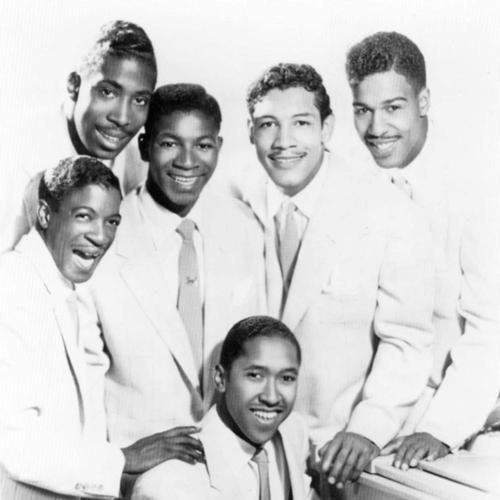
The Chords
by Jo-Ann Greene By the end of 1978, it was evident that punk had spit its last, and new groups began springing up like weeds, all giving allegiance to the sounds of the past but dragging them through the ashes of punk. Among these bands were the Chords, a southeast London group formed in January 1979 when singer/guitarist Billy Hassett and his bassist cousin Martin Mason advertised for musicians in The NME and found guitarist and band songwriter Chris Pope. Original drummer Paul Halpin didnt stay long, at least behind his kit; eventually he became the groups tour manager. In his stead came Brett Buddy Halpin, and by March the Chords were taking the stage. They gigged continuously over the spring and summer, headlining two mod festivals at London hotspot the Marquee and recording their first Radio One session for DJ John Peel in early July. The Chords reputation was rising quickly, and among their early supporters were Paul Weller, who caught one of their first shows, and Sham 69er Jimmy Pursey, who swiftly signed the group to his JP Productions company. The quartet cut a handful of demos for Pursey before the relationship soured after he heckled the Undertones at a show which the Chords opened. This gave Polydor its chance, and the label now stepped in and signed the band. For their debut single, the Chords chose one of the songs recorded for Pursey, Now Its Gone, recut it, and released it in September 1979. It rose to Number 63 in the U.K. chart, and they followed it up in January with Maybe Tomorrow, which, bolstered by rave reviews in the press, shot up to the Top 40. A second Peel session was recorded in March, and the next month their third single, Somethings Missing, arrived. This taster for their debut album, So Far Away, didnt do quite as well as its predecessor, only reaching number 55. However, any worries that were harbored about the success of the full-length were put to rest with its arrival in May when the album slammed into the Top 30, bolstered by a U.K. tour. The The British Way of Life single arrived in July and reached a measly number 55; In My Street, released in October, did slightly better. However, the group continued touring successfully, until a show at Londons Music Machine in November 1980. What transpired behind the scenes remains a mystery, but in the aftermath Hassett was relieved of his duties. In his stead came ex-Vibrators singer Kip Herring, although the old lineup was featured on the cover of their next single, One More Minute, which arrived in May 1981. It was a flop, as was Augusts Turn Away Again. The Chords called it a day the following month. However, the group was fondly remembered, and in 1986 a live set arrived, the cheekily titled No Ones Listening Anymore, recorded back in 1980. A decade later, the two-CD compilation This Is What They Want gave fans precisely that, while the bands Peel sessions landed in shops the following year.
